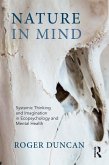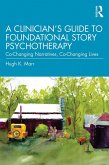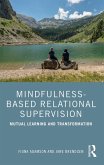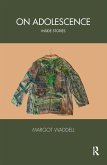Dieser Download kann aus rechtlichen Gründen nur mit Rechnungsadresse in A, B, BG, CY, CZ, D, DK, EW, E, FIN, F, GR, HR, H, IRL, I, LT, L, LR, M, NL, PL, P, R, S, SLO, SK ausgeliefert werden.
"For the past 25 years I have been engaged in the study and teaching of ecopsychology, mostly in the United States. During this time there have been few books to support the growth of this field or my own ideas, as well as a lack of current literature to pass on to my students to increase their awareness of the relationship between humans and the rest of nature. Every once in while a new person comes along and attempts to fill the gap - some have achieved this and some have not. Roger Duncan's book however, goes a long way towards accomplishing this goal with Nature in Mind. What he has done is provide a good deal of the essential ecological aspects of ecopsychology that is sorely lacking in the literature that is out there. Indeed, making connections with what young troubled youth need in order to heal with how plants grow is both revolutionary and ecopsychological. This book therefore marks a milestone in the field, with Duncan's eloquent and evocative descriptions of how we can treat (and teach) our most troubled children through engaging them in them nature based practices. It is my hope that those professionals who are engaged in various youth treatment programs will take heed and use the valuable information in this book. In doing so, we may well give birth to a new generation of adults that can heal a whole lot more than their own traumas, by bridging the gaping chasm between all that is out there and all that is in here." --Lorraine M. Fish, Ph.D.









